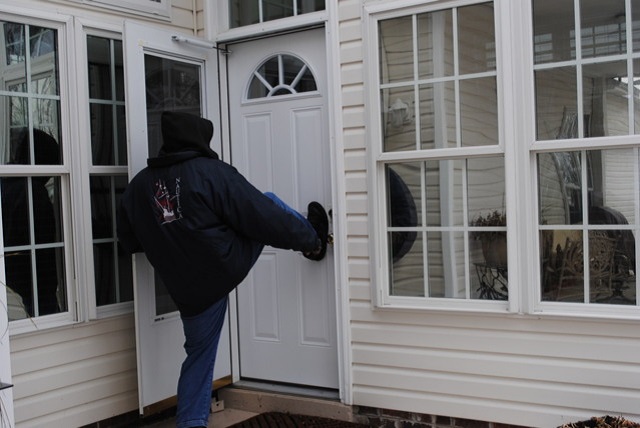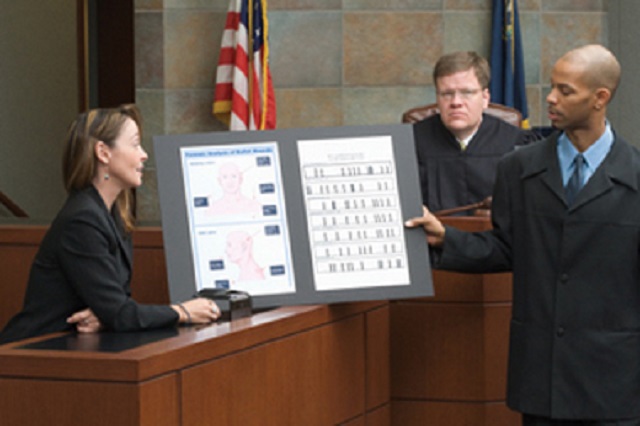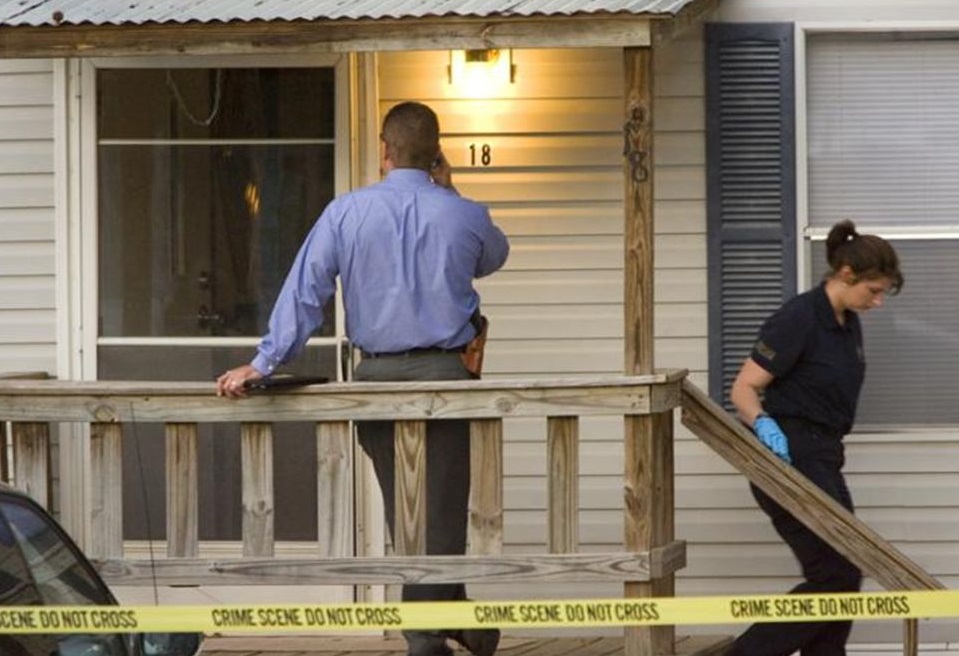Gathrite v. Eighth Jud. Dist. Ct. (Nev. Supreme Ct. – Nov. 7, 2019)
At issue is whether evidence that has been suppressed in justice court proceedings on a felony complaint can be presented to the grand jury in support of an indictment.
Stemming from Gathrite’s alleged involvement in a deadly shooting, the State filed a criminal complaint in the justice court charging Gathrite with murder with use of a deadly weapon and possession of a firearm by a prohibited person. Before the preliminary hearing, Gathrite moved to suppress his statements to the police and the gun discovered as a result of his statements, alleging that the police had violated Miranda v. Arizona, 384 U.S. 436 (1966), and his Fifth Amendment privilege against self-incrimination. The justice court granted the motion and ordered the statements and the gun suppressed. The State did not ask the justice court to reconsider its decision or appeal the justice court’s decision to the district court. Instead, the State voluntarily dismissed the criminal complaint without prejudice and went to the grand jury solely on a charge of possession of a firearm by a prohibited person, presenting the evidence that the justice court had suppressed. The grand jury indicted Gathrite on one count of possession of a firearm by a prohibited person.
Continue reading “Can a grand jury consider suppressed evidence?”










